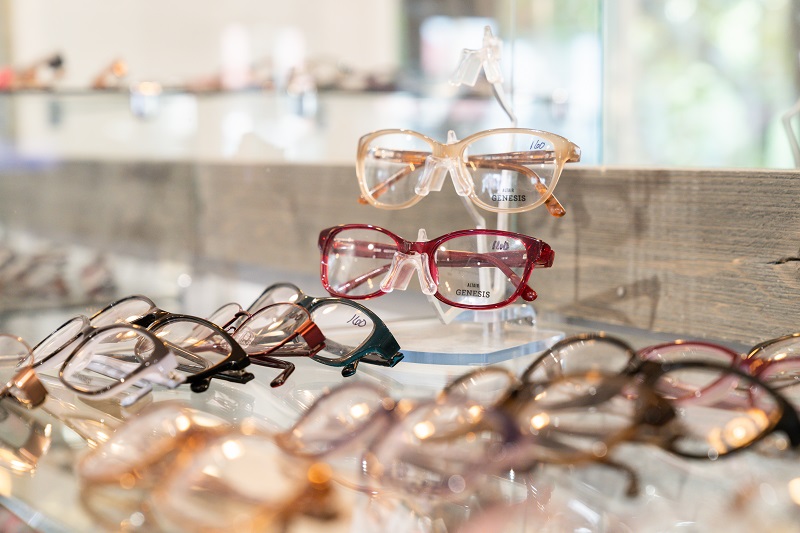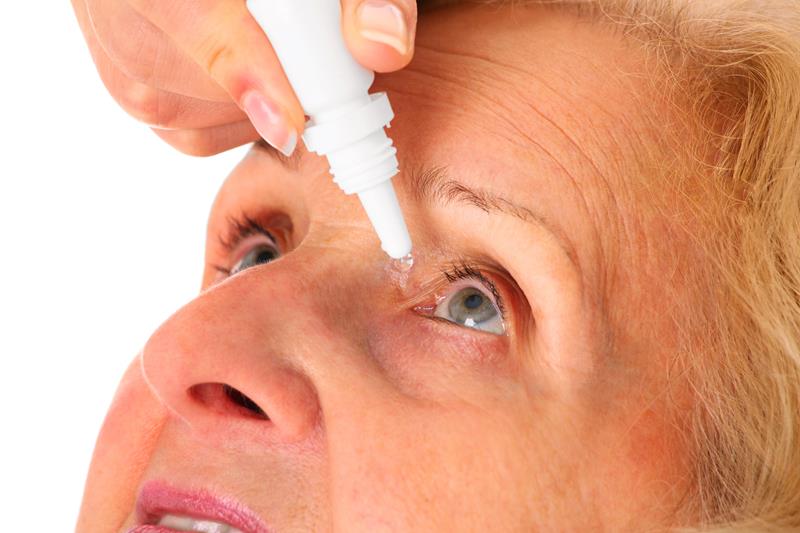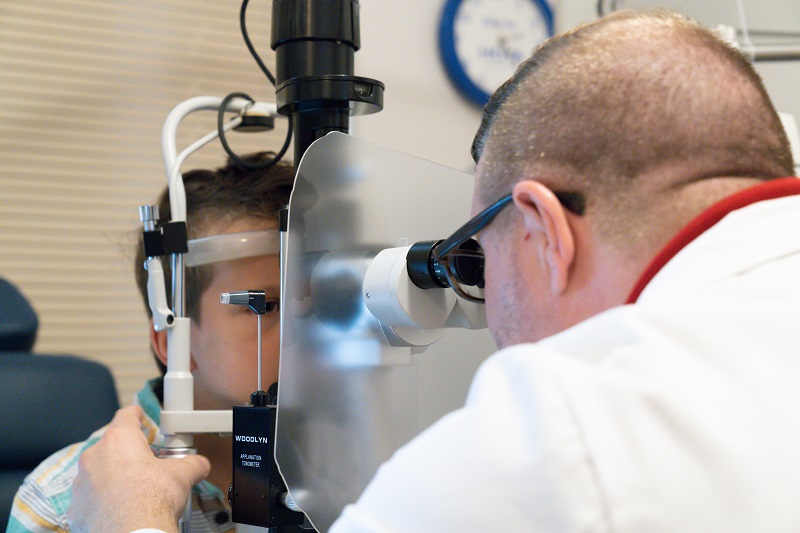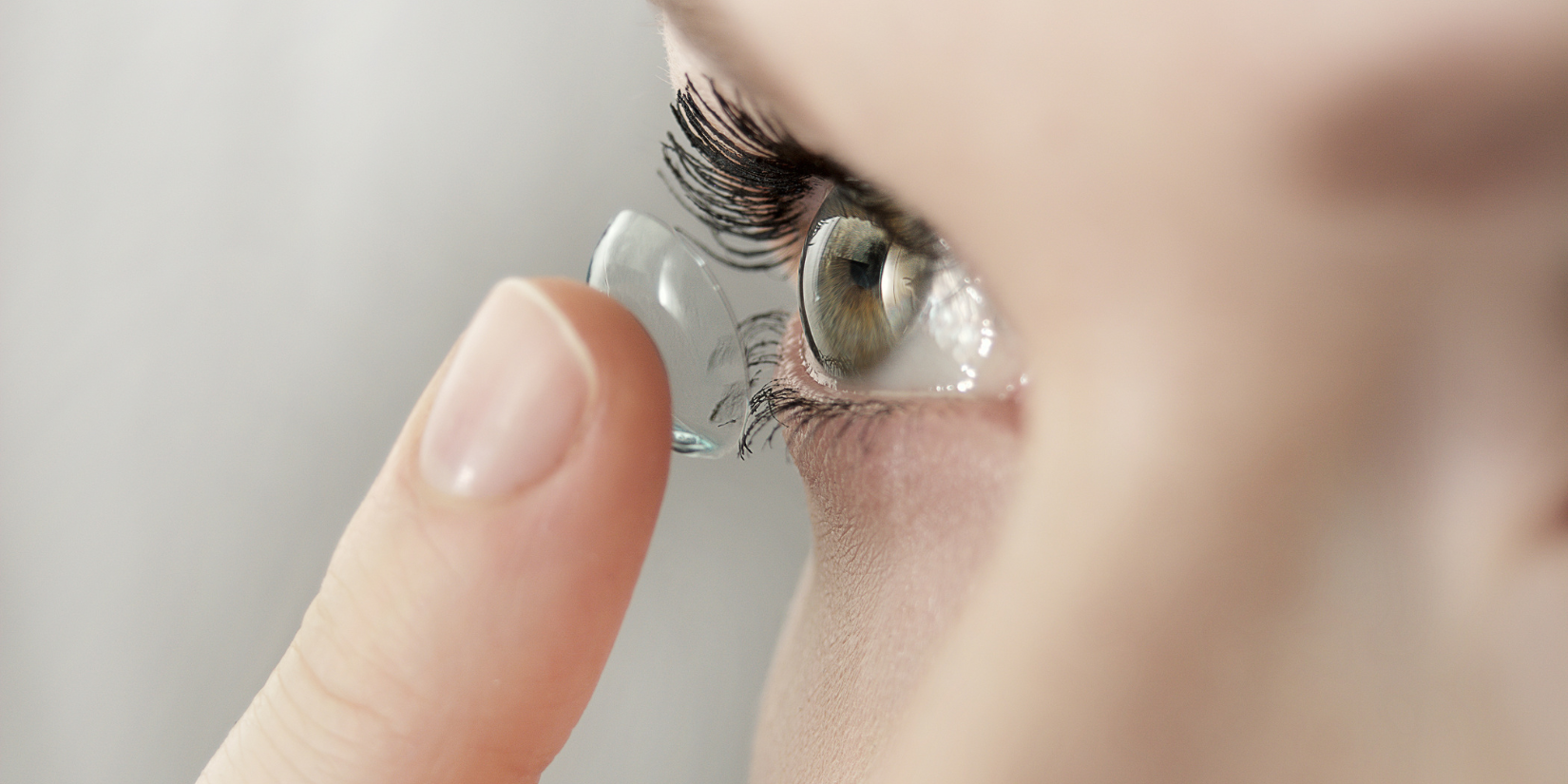As the colder months approach, many people prepare by layering up and turning up the heat indoors. However, one thing that is often overlooked is how cold weather can affect your eyes. Just like your skin, your eyes need extra care during the winter season. At Eye Care for You, we want to ensure your eyes stay healthy and comfortable all year long. Here’s how colder weather can impact your eyes and what you can do to protect them.
1. Dry Eyes in Cold Weather
During winter, the air becomes drier, and indoor heating can further reduce moisture levels, leading to dry eyes. This lack of moisture can cause irritation, redness, burning sensations, and blurred vision.
How to prevent it:
- Use a humidifier at home to add moisture to the air, which can help keep your eyes hydrated.
- Use lubricating eye drops or artificial tears to alleviate dryness and irritation.
- Stay hydrated by drinking plenty of water throughout the day.
2. Increased Sensitivity to Wind
Cold winds can cause discomfort for your eyes, making them feel dry and irritated. Windy conditions can also carry dust and debris, further aggravating the eyes and even leading to infections.
How to prevent it:
- Wear wraparound sunglasses or goggles when you’re outdoors to protect your eyes from cold winds and airborne particles.
- Moisturizing eye drops can also help soothe wind-induced dryness and irritation.
3. Watery Eyes
While dry eyes are common in cold weather, the opposite problem—excessive tearing or watery eyes—can also occur. Cold air can cause your eyes to water excessively as a defense mechanism against dryness or irritation.
How to prevent it:
- Try to shield your eyes from the wind with glasses, a hat, or a scarf.
- If watery eyes persist, consult your eye care professional to ensure there’s no underlying condition causing the problem.
4. UV Protection is Still Important
Though the sun may seem less intense during the winter, UV rays can still damage your eyes. In fact, snow can reflect up to 80% of UV rays, increasing your risk of exposure, which may lead to snow blindness (photokeratitis) or long-term conditions like cataracts and macular degeneration.
How to prevent it:
- Wear sunglasses that block 100% of UV rays whenever you’re outdoors, especially when there’s snow on the ground.
- If you participate in winter sports like skiing or snowboarding, invest in high-quality goggles with UV protection to shield your eyes.
5. Indoor Heating and Eye Irritation
While turning up the heat indoors keeps you warm, it can also dry out the air and lead to eye irritation. Prolonged exposure to heated indoor environments can make your eyes feel dry, scratchy, and uncomfortable.
How to prevent it:
- Avoid sitting directly in front of heaters or vents where the air is especially dry.
- Use a humidifier to maintain moisture in the air.
- Take regular breaks from screens, especially when indoors, to prevent eye strain and further dryness.
6. Impact on Contact Lens Wearers
Winter dryness and wind can be particularly challenging for those who wear contact lenses. Cold air and lack of moisture can cause contact lenses to feel uncomfortable, dry out faster, and become more prone to irritation.
How to prevent it:
- Consider switching to daily disposable lenses during the winter months to maintain freshness and comfort.
- Use rewetting drops specifically designed for contact lens wearers to keep your lenses hydrated throughout the day.
- Talk to your eye care provider about other contact lens options that may be more comfortable in colder weather.
7. Eye Allergies in Winter
While we often associate allergies with spring and summer, indoor allergens such as dust mites, pet dander, and mold can trigger eye allergies during the winter. These allergens are more prevalent indoors due to closed windows and heating systems circulating the air.
How to prevent it:
- Keep your home clean and free of dust and allergens by vacuuming regularly and washing bedding in hot water.
- Consider using an air purifier to reduce indoor allergens.
- If you experience eye allergies, consult your eye doctor about using antihistamine eye drops or other treatments to relieve symptoms.
The winter season brings unique challenges for eye health, from dryness and wind irritation to increased UV exposure and indoor heating effects. By taking a few preventive steps, you can ensure your eyes stay healthy and comfortable throughout the colder months.
At Eye Care for You, we’re committed to providing personalized eye care solutions to keep your vision sharp, no matter the season. If you’re experiencing eye discomfort or have questions about how to protect your eyes this winter, don’t hesitate to contact us for an appointment. Your eyes deserve the best care, and we’re here to help you see clearly all year long!
Schedule your winter eye exam today to ensure your eyes are ready for the cold weather! Contact Eye Care for You to learn more about protecting your eyes this season.





